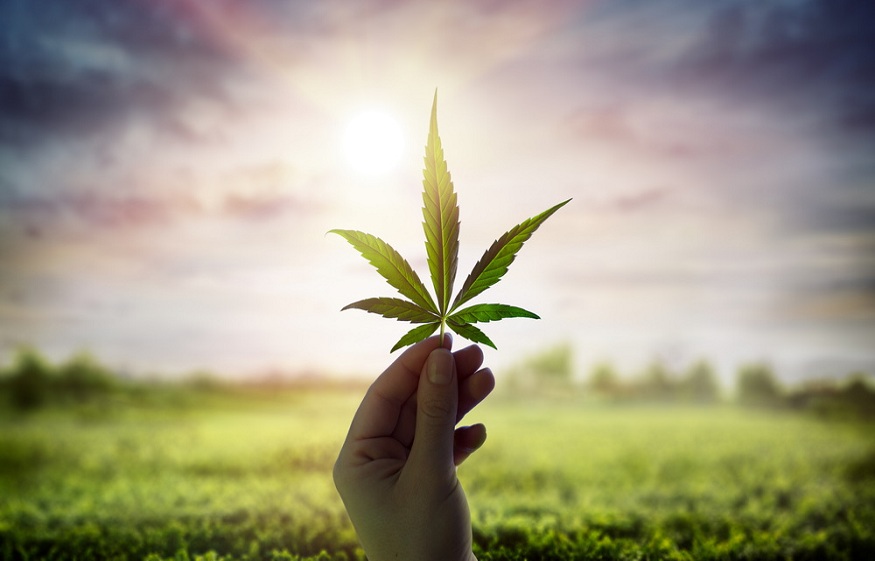Ever since cannabis advocates began pushing for medical cannabis legalization in the states, there has been a debate over whether cannabis is addictive. More specifically, the question is whether THC is addictive. It is time for that discussion to change; to shift gears, so to speak. Why? Because science has revealed things that were not previously known.
Not As Addictive As…
America’s stoners (that is what many recreational users refer to themselves as) have long said that cannabis probably isn’t addictive. And even if it is, they have maintained, it is not nearly as addictive as cocaine, heroin, et al. Maybe that’s true. But perhaps it’s not.
The issue with such assertions is defining the word ‘addictive’. In the most classic sense, addiction has both physical and psychological components. But that is not the only issue. There are also differences of opinion about how to measure the severity of a particular addiction.
Nicotine is an addictive chemical. It is also one of the most en vogue to criticize in a culture that now views smoking as the absolute worst thing a person could do. But utilizing the same logic stoners rely on to defend cannabis, nicotine users could justifiably say that their substance of choice isn’t as bad as heroin and cocaine.
Potency Plays a Role
Nicotine users would be more than justified in making such claims when the debate over addiction centers on severity. But that leads us to yet another problem: potency. People know what they are getting with nicotine. It is a well-known entity with decades of science behind it. Cannabis, not so much.
Stoners may be correct in asserting that cannabis is no big deal based on the plants that were cultivated and sold a decade ago. But as the cannabis industry has exploded nationwide, growers have started producing strains that are significantly more potent. Not only that, a recently published study shows a definitive link between increased cannabis potency and marijuana addiction.
Increased Cannabis Use Disorder
The study also discovered that the frequency of cannabis use disorder (CUD) has increased along with cannabis legalization worldwide. The obvious correlation is that increased potency increases the chances of users developing CUD.
Chances are that the higher incidence of CUD mainly affects recreational users. Medical users, particularly in states where regulations are strict, are subject to limits in terms of the potency of the products they use.
Take Utah. Patients with valid medical cannabis cards can purchase medications at any licensed cannabis dispensary in the state. But according to the Utah marijuana.org organization, manufacturers can only put so much THC in their products. Likewise, patients are only allowed to possess so much at any one time.
A Utah patient utilizing medical cannabis to treat chronic pain may still develop tolerance, at least in the sense that regular usage diminishes the effect of the drug over time, but tolerance and addiction are not necessarily one and the same. Tolerance can be addressed by patients taking regular breaks from their medications.
Follow the Science Wherever It Goes
Cannabis advocates want lawmakers to follow the science wherever it goes. Lawmakers should do just that. But advocates should do the same. And right now, the science seems to indicate that higher potency cannabis can lead to genuine addiction.
Perhaps it is time to temper the debate and admit that addiction is a possibility. If cannabis proponents continue to insist that using cannabis is completely risk-free, including the risk of addiction, they do a disservice to their own community. Science says addiction is possible. We need to pay attention to that.



